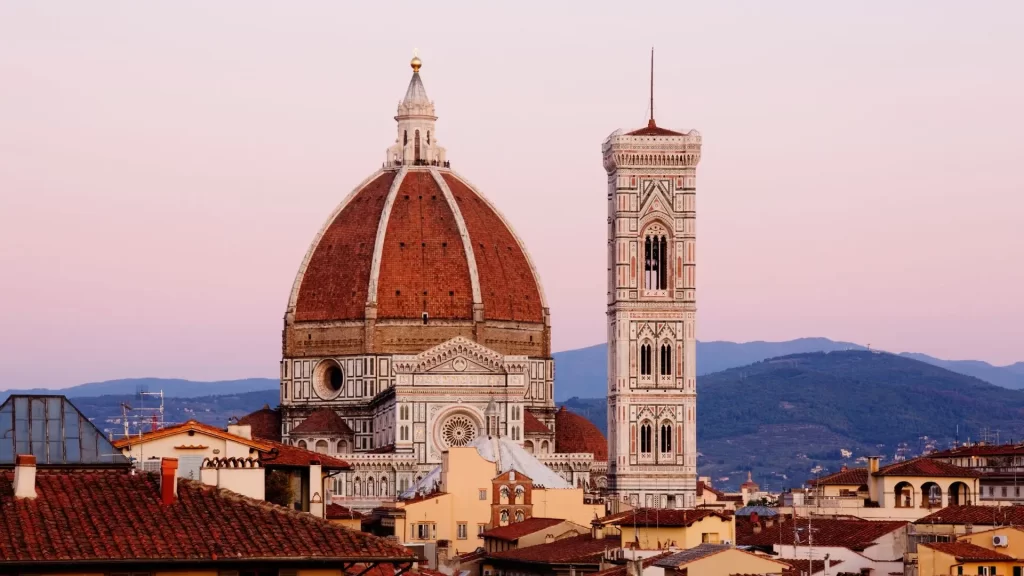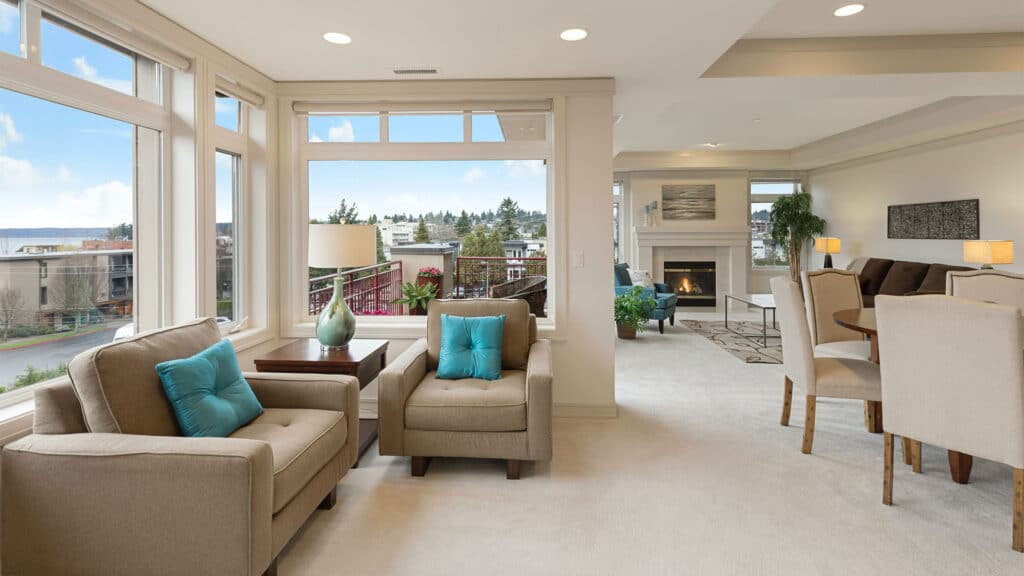Owning a vacation home in a city of art is not just an investment in a property, but an investment in a piece of history and culture. Cities like Florence, with their rich artistic and cultural heritage, offer not only a wonderful place to retreat for the vacations, but also an opportunity to integrate into urban settings that continue to influence the world with their beauty and innovative spirit. In addition to the obvious cultural benefits, owning a home in these locations can also prove to be an astute financial move because of the potential for property value appreciation and rental opportunities.

Advantages of buying a vacation home in an art city
Investing in a vacation home in an art city offers numerous benefits beyond simply owning a second home:
- Long-term appreciation: properties in art cities tend to maintain or increase in value over time due to continued demand for residences in areas of significant cultural and historical interest. These cities constantly attract tourists and art enthusiasts, keeping real estate interest high.
- Rental potential: with the constant flow of visitors seeking authentic experiences, renting your vacation home can become a reliable source of income. During times when you are not using it yourself, your property can work for you, generating income that can cover operating expenses or help pay your mortgage.
- Access to culture and entertainment: living or spending time in an art city means having museums, art galleries, theater and music performances, and festivals at your fingertips. This access is not only personally enriching but also makes each stay a unique and exciting experience.
What to consider before purchase
Buying a vacation home in an art city, such as Florence, requires careful evaluation of several factors that can affect both your experience and your return on investment. First of all, location is crucial. A property in the heart of the city may offer immediate access to museums, galleries, restaurants, and nightlife, but it could also mean higher costs and less peace of mind. On the other hand, a location farther from the center may offer more space and quiet but may make it less practical to enjoy cultural attractions.
Local property laws are another significant aspect to consider. Each city has its own regulations that can affect everything from property renovation to short-term rental options. It is essential to understand these laws to avoid legal or financial complications.
It also evaluates property management and investment security. If you do not live in the art city year-round, you may need property management services to take care of maintenance and rent. The security of your investment also depends on the economic and political stability of the region, so consider these elements in your decision-making process. In addition to considering property management services, it is critical to protect your investment from possible risks and contingencies. Insuring your investment property is a crucial step in ensuring that your assets are safeguarded in case of damage or legal problems. Here are some tips on how to protect your real estate investment that we have compiled in one article.
Finally, accessibility and local amenities are crucial to ensure that your vacation rental experience is pleasant and practical. Check the availability of public transportation, stores, health care and other essential services that will make your stay comfortable and stress-free.
How to choose the right property
Choosing the ideal vacation home in an art city requires a careful balance between personal desires and practical considerations. Budget is, of course, a deciding factor; set an upper limit and consider all associated costs, not only the purchase price, but also taxes, operating expenses and any necessary renovations.
The type of property you choose should reflect why you want a home in that city. If you are looking for a cultural retreat, you might opt for an apartment in the historic center. If you prefer peace and quiet, however, a nearby villa may be more appropriate. Also consider your maintenance needs. An apartment in a condominium might offer services such as security and maintenance, while a detached house will require more effort.
Working with a local real estate agent who deeply understands the art city market can be a great help. A good agent will not only help you find the property that best suits your needs, but will also provide valuable information about local market trends, any future development plans, and how these might affect the value of your property.
Florence as an ideal example
Florence is not only the cradle of the Renaissance, but also one of the most vibrant and culturally rich art cities in the world. With its extraordinary heritage of art, architecture and history, Florence attracts millions of tourists every year, making it an ideal location for buying a vacation home. The constant demand for tourist accommodation offers investors high potential for short-term rentals, while the presence of countless cultural events ensures a continuous flow of visitors.
Neighborhoods such as Centro Storico, Oltrarno, and areas near famous monuments such as the Duomo and Palazzo Pitti are especially desirable. These areas offer not only timeless architectural beauty, but also immediate access to museums, restaurants, stores and galleries. Navigating the Florentine real estate market requires special attention to local legislation, especially restrictions on the types of alterations possible on historic buildings and regulations on tourist rentals.
For a more in-depth and specific view on real estate investments in Florence, we recommend reading the article
Florence real estate investments: an expert’s point of view
. Here you will find detailed analysis and practical advice directly from industry experts that will help you better understand the dynamics of the Florentine real estate market.
Preparing to purchase
Closing the purchase of a property in Florence, as in any city of art, requires a’Careful planning and consideration of several key aspects. The first step is to secure adequate financing, which may include obtaining a bank loan or exploring other financing options available to international buyers, if applicable.
Real estate inspections are crucial to ensure that the property is in good condition and there are no surprises after purchase. These should be done by qualified professionals who can identify potential problems that could affect your investment. Negotiations on price and terms of sale are another key stage in the process, and having an experienced agent by your side can make all the difference in reaching a profitable deal.
Finally, it is essential to understand the tax and legal implications of buying property in Italy. This includes purchase taxes, annual property taxes, and any rental income tax if you plan to rent out your vacation home. Working with a legal and tax advisor who is familiar with the Italian system will help you navigate these complicated issues, ensuring that everything proceeds according to local regulations.


